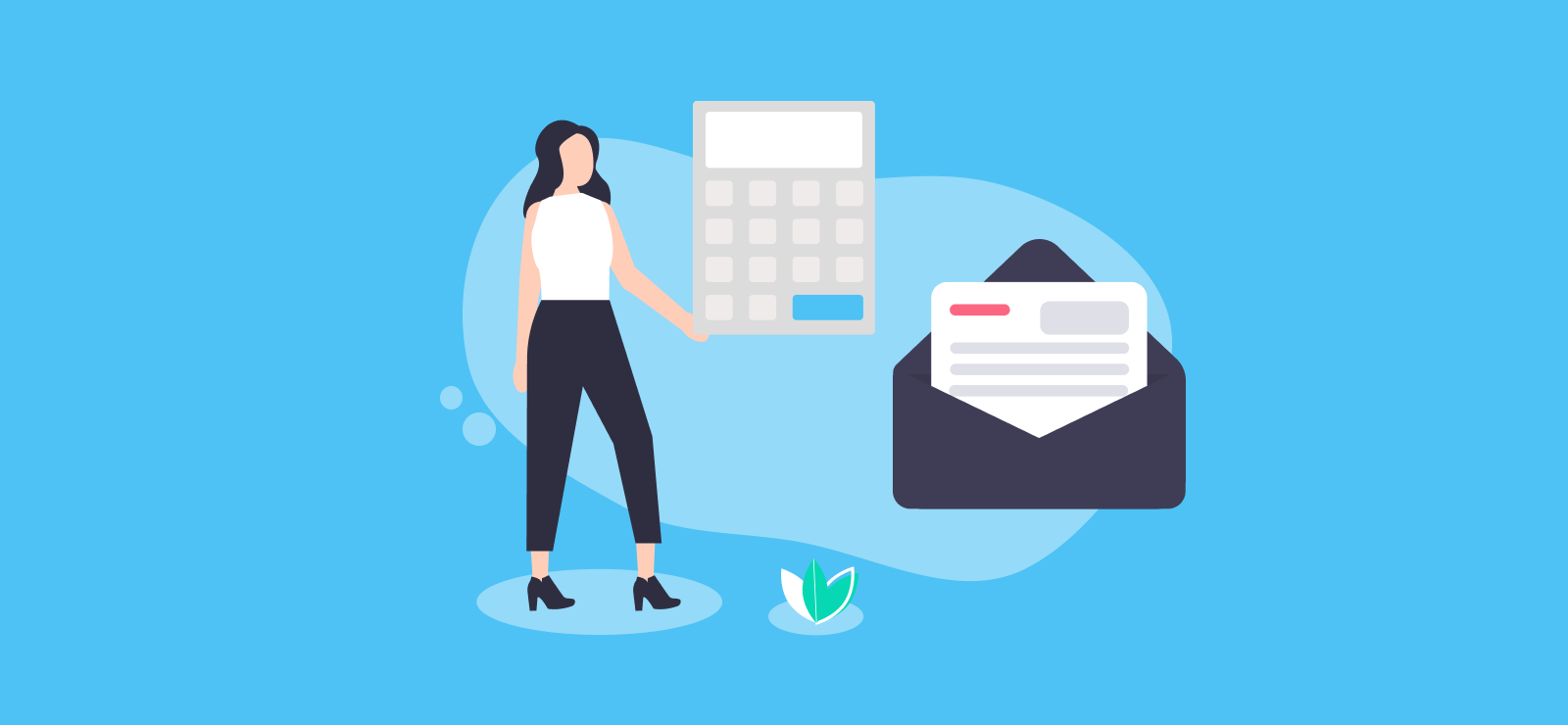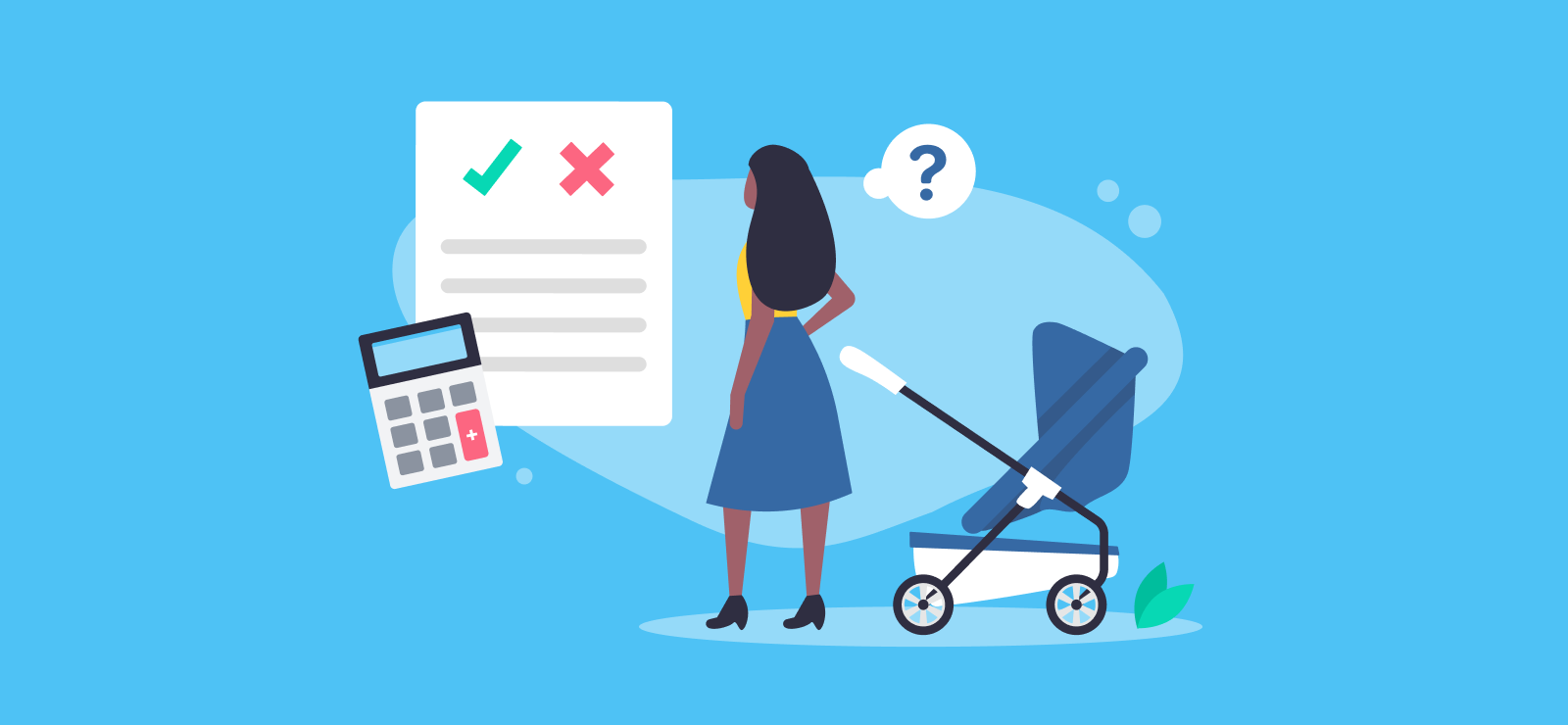

What Happens If I Don’t Pay Enough Tax?
Nobody ever really wants to pay tax, but paying less than what HMRC think you owe can be a stressful situation to end up in. We’ll look at how tax underpayments can happen, and what to expect if they do.
How does a tax underpayment happen?
Tax underpayments can happen for a huge variety of reasons covering everything from honest mistakes to deliberate attempts to avoid paying what is owed, such as:
- A mistake with your tax code, or it’s adjusted mid-year
- Not having enough money to pay the bill
- Receiving Benefits in Kind, but not paying the right amount of tax on them
- Working as a subcontractor in the construction industry and the contractor making a mistake with CIS deductions
You’ll normally receive a tax repayment if you pay too much, but not paying enough can be a bit more complicated.
How will I know if I’ve paid the wrong amount of tax?
HMRC reconciles millions of taxpayer records after the end of the tax year, checking the correct amount of tax has been paid. This process happens whether you work for an employer, for yourself, or a combination of the two. There will always be some people who have paid too much tax, and some who have paid too little.
HMRC will write to you if they think you owe more tax than you paid, or if you’re due a refund, but even they can make mistakes! If you do receive a demand to pay more tax (and it’s genuinely from HMRC and not a scam), your first stop is to check your records.
Checking how much tax you owe
If your only source of income is the wages you receive from your employer, go back and check your payslips for the time period covered to make sure your deductions match HMRC’s letter. You might find your employer has made a mistake reporting PAYE, or another error has cropped up along the way.
Similarly, if you’re self-employed, check your records and your tax return. Our article goes into more detail about checking that you’re paying the right amount of tax.
How is underpaid tax collected?
This depends on how much tax you still owe.
- If it’s £3,000 or less, it can be collected over the following tax year using your tax code. It means your tax code will change, and your employer will deduct the extra amount you owe at the same time as making any tax deductions on your wages.
- If you owe more than £3,000 then HMRC will prompt you to make a voluntary payment and issue a payment slip with a letter stating the amount you owe (your P800 calculation)
HMRC might also adjust your tax code part way through a year if they think you aren’t paying enough tax. They’ll notify you, and let you know how the outstanding amount will be collected. Things can change during the year though, so HMRC should verify everything at the end of the year. As ever, it’s important to check the figures for yourself!
What if I can’t afford to pay it?
You can contact HMRC to try and set up a Time To Pay arrangement and pay in installments over a period of time if you can’t pay it all in one go. This option isn’t available to everybody though, and HMRC will verify your eligibility for this kind of support.
What happens if I don’t pay the tax I owe?
If you’re self-employed, have submitted a tax return and received a tax bill from HMRC, but failed to pay it in full, there can be serious repercussions.
Financial penalties
HMRC will get in touch and issue you with a late payment penalty. This fine is calculated as a percentage of the tax you owe and can increase for as long as the tax is left unpaid.
To give you an idea of what to expect, the current late payment penalties are:
- 5% of the tax due – after payment is 30 days late
- An additional 5% of the tax due – after payment is 6 months late
- A further 5% of the tax due – after the payment is 12 months late
Failure to notify penalties
You’ll also receive a fine from HMRC if your tax status has changed and you haven’t declared this.
This type of penalty ranges from £100 to £3,000 and is influenced by whether or not you disclosed it to HMRC, and if this disclosure was prompted or unprompted.
Debt recovery and legal action
HMRC can action legal intervention and instruct debt collection services to recover the costs if you don’t pay what you owe. It is highly advisable to avoid getting to this point! Even if you disagree with the demand and any subsequent penalties, it’s better to work with HMRC than to try and ignore it. A good accountant, Citizen’s Advice, or other financial support services may be able to help – you’re not alone!
What to do if you receive a penalty from HMRC
If you find yourself faced with a penalty from HMRC, you’ve got two options depending on your individual circumstances:
- Pay the fine and settle any tax due
- Appeal the penalty if you think HMRC might have made an error, or if there’s a ‘reasonable excuse’ for your delay in paying the appropriate amount of tax
Tips to help you stay on track with your tax payments
- Practice good bookkeeping habits throughout the year, not just when it comes to tax return submission time.
- Don’t leave your tax return to the last minute as rushing is more likely to result in mistakes and oversights – the earlier, the better!
- Budget strictly so that you always have enough money at the end of the financial year to settle your tax bill – including any Payments on Account
Learn more about our online accounting services and how we can help you stay on top of your tax deadlines. Call 020 3355 4047 and get an instant online quote.
Want to learn more?
Subscribe to our newsletter to get accounting tips like this right to your inbox

Read more posts...

The Accountancy Partnership – Our Positive Reviews
16th February 2026We’re proud of our customers’ reviews here at The Accountancy Partnership The reviews we receive from our customers show how hard we…
Read More
Maternity Pay for Self-Employed People
15th February 2026As a self-employed person you might be eligible to get Maternity Allowance payments for up to 39 weeks. It’s different to Statutory…
Read More
National Insurance for the Self-Employed
14th February 2026If you work for your own self-employed business, then you may need to pay National Insurance on the profits that you earn….
Read MoreConfirm Transactions
The number of monthly transactions you have entered based on your turnover seem high. A transaction is one bookkeeping entry such as a sale, purchase, payment or receipt. Are you sure this is correct?
Please contact our sales team if you’re unsure
VAT Returns
It is unlikely you will need this service, unless you are voluntarily registered for VAT.
Are you sure this is correct?
Call us on 020 3355 4047 if you’re not sure.
MTD IT Quarterly Updates
Your final, end of year MTD Income Tax submission is included in your fee, without this add-on service.
We would recommend you submit the quarterly updates yourself using Pandle or alternative bookkeeping software.
However, if you would prefer us to submit these quarterly updates for you, there is an additional fee of £35.00 per month.
Call us on 020 3355 4047 if you’re not sure.
Bookkeeping
You will receive our bookkeeping software Pandle for free, as part of your package.
You can use this to complete your own bookkeeping, or we can provide a quote to complete your bookkeeping for you.
Please select and option below:
Call us on 020 3355 4047 if you’re not sure.

